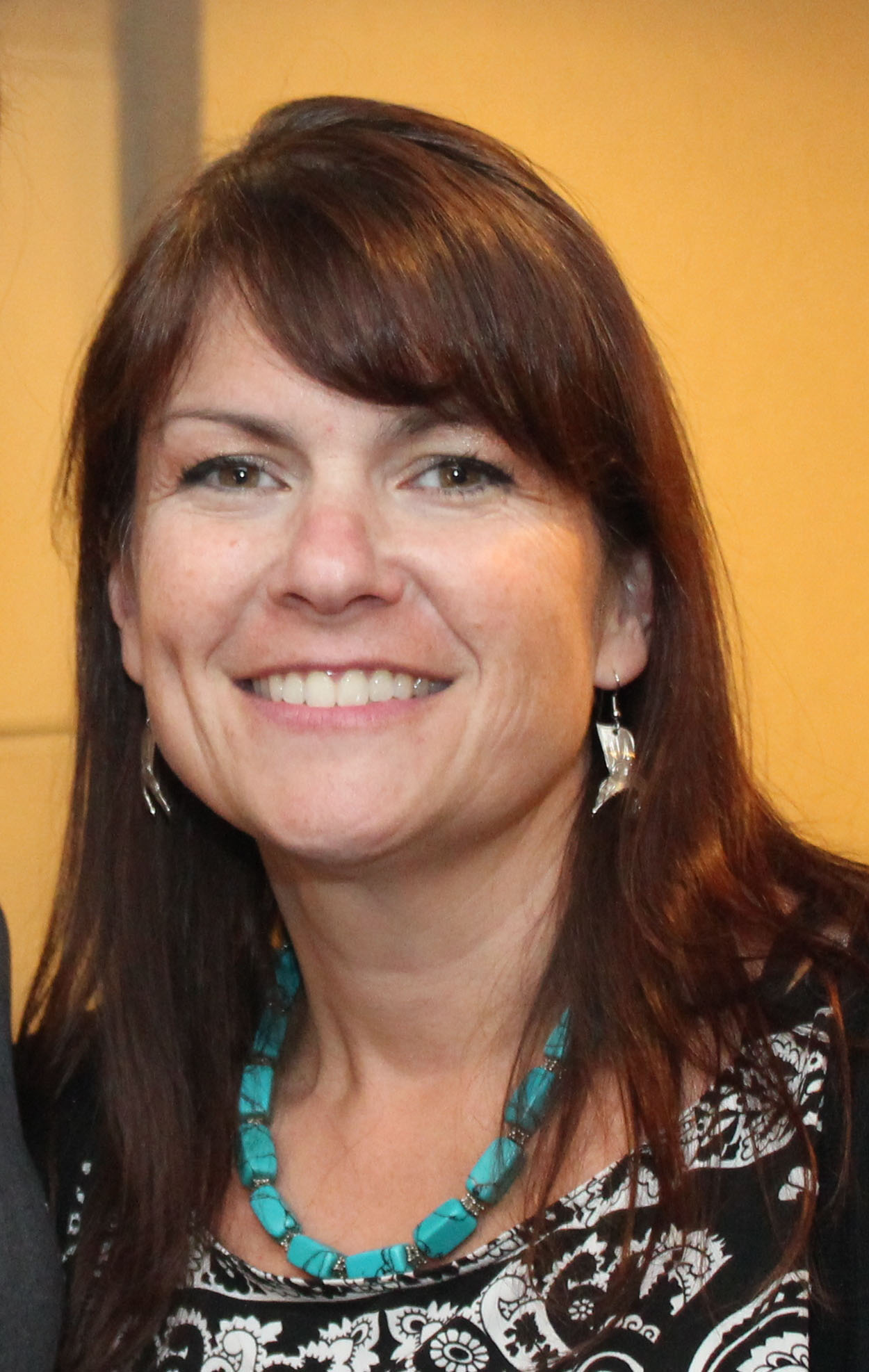Statement on the presentation by Dr. Lavell-Harvard at the UN Permanent Forum for Indigenous Peoples

Statement on the presentation made by Dr. Dawn Lavell-Harvard at the United Nations Permanent Forum for Indigenous Peoples on May 17, 2016
May 25, 2016 – Anishinabek Nation Grand Council Chief Patrick Madahbee supports key messages in the presentation by Ontario Native Women’s Association President and Native Women’s Association of Canada board member Ms. Lavell-Harvard at the UN Permanent Forum for Indigenous Peoples on May 17.
“I want to thank Ms. Lavell-Harvard for raising important issues. She spoke about the vital importance of Indigenous women’s voices and leadership in achieving true reconciliation. Her presentation followed the statement by Canada of its unconditional support for the United Nations Declaration on the Rights of Indigenous Peoples. I agree with her statement arguing for the leadership of Indigenous women at all levels,” said Madahbee.
To quote Ms. Lavell-Harvard, “as the bearers of the future generations of our peoples…indigenous women, mothers, are physically and symbolically the source of resistance against those who would see us disappear“.
Chair of the Anishinabek Nation Women’s Council, Donna Debassige, said that these comments give credence to the correlation to today’s issues of violence against aboriginal women and Missing/Murdered Women and Children.
“Many of the Murdered Women were of child-bearing age; many of the murdered women were pregnant. So, issues raised by Ms. Lavell-Harvard’s comments relate to MMIWG; and at the UN level, the issues reveal the failure of the State to protect a most precious resource,” said Debassige.
Debassige added that the theme of the UN Forum to address Cooperation-Conflict-Prevention, ties in with Anishinabek Nation’s direction to return to the Clan System of Governance.
“Clan systems would allow for our women, our mothers to take and reclaim their roles and assume their responsibilities in the care of their children, families and communities,” said Debassige. “Recognition of our women’s roles as leaders, standing beside our aboriginal men leaders within our governance structures, would ‘ensure strong and health indigenous communities once again’ as Lavell-Harvard stated. Return to the Clan System would also give our men strength as fathers to take and reclaim their roles and assume their responsibilities as protectors of our children, families and communities.”
Grand Council Chief added that there is much work to be done to achieve true reconciliation, but Ms. Lavell-Harvard has reminded us of several important issues that can help lead to its eventual success.


